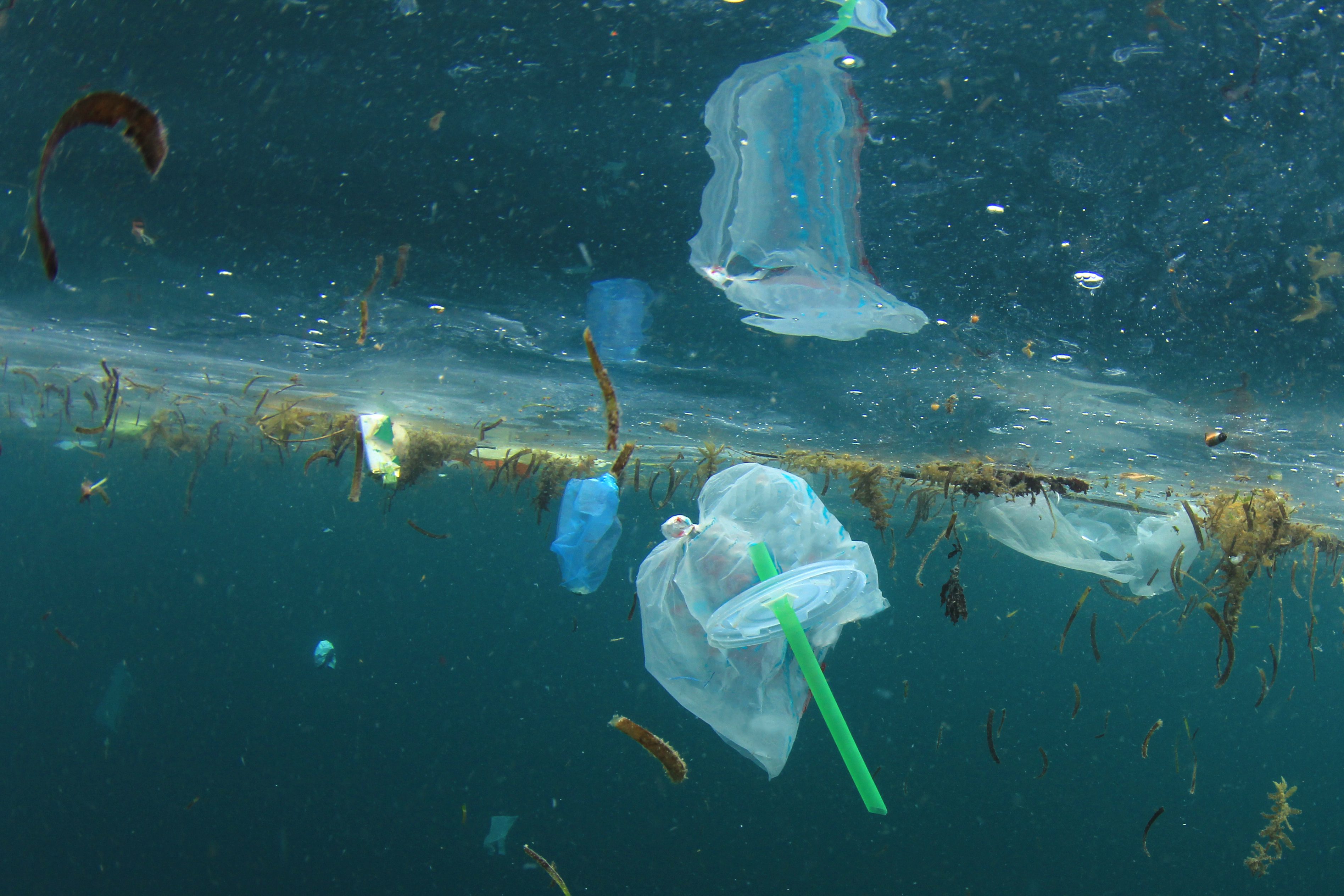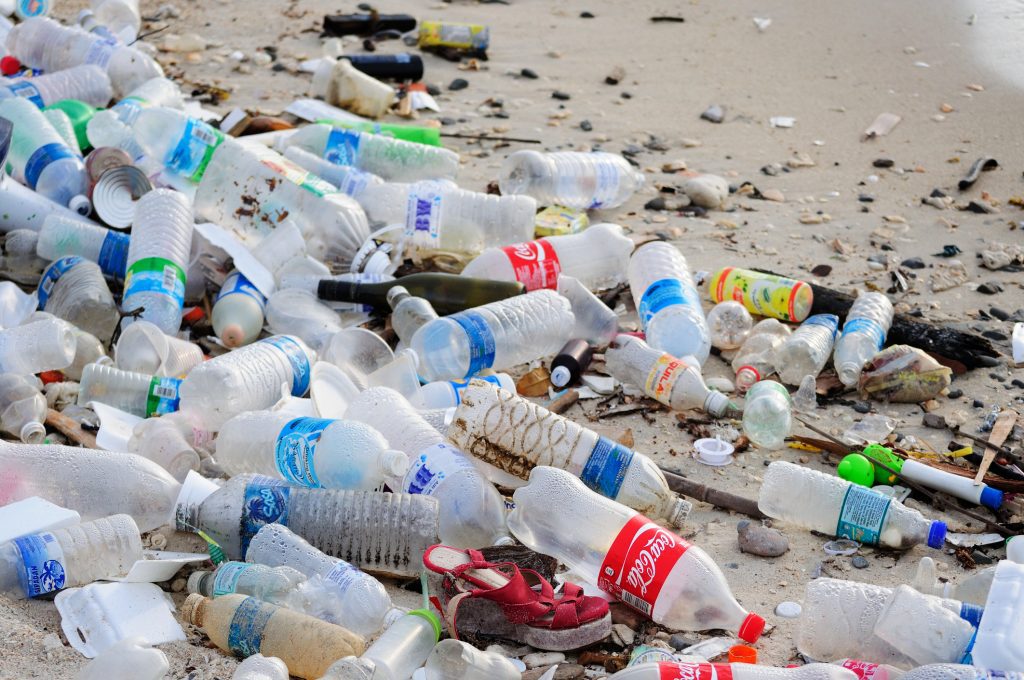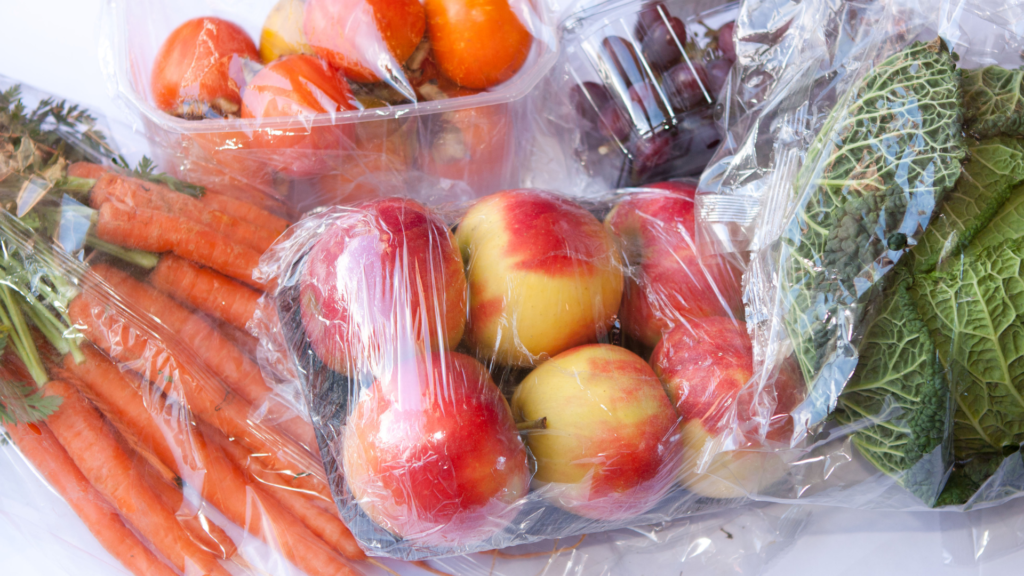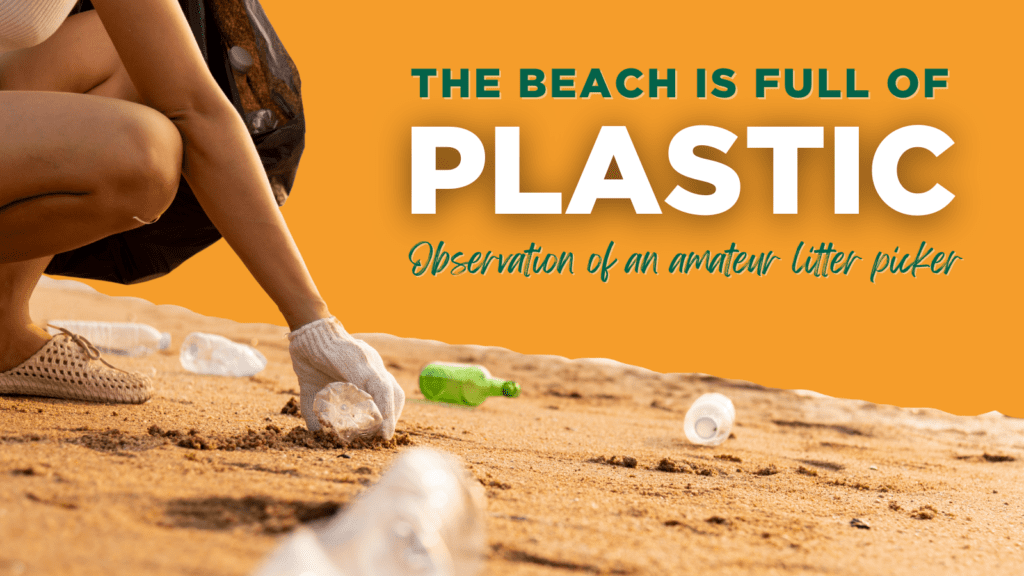Yes, our oceans are drowning in plastic waste but it doesn’t end there. From the Great Lakes to the food we eat and the air we breathe, plastic pollution is a problem everywhere.
We have heard it millions of times, every minute the equivalent of a garbage truck full of plastic enters the oceans. And by 2050, there will be more plastic in the oceans than fish.
There is no disputing the fact that our oceans are in trouble. But with all the attention on our oceans, we often forget to shed light on the fact that plastic pollution is a problem everywhere and affects everyone.
Watch The Water Brothers debunk our third myth!
Plastic pollutes more than just the oceans – it’s in our water, food and air
The problem with plastics is that they do not biodegrade – they break down into smaller and smaller pieces so they stay around forever. Nearly all plastics ever made still exist in some form.
More and more studies are confirming that plastic pollution is being found in places beyond the ocean. In North America an estimated 10,000 tonnes or 22 million pounds of plastics enters the Great Lakes every year. Some of these plastics may eventually make it to the ocean but a lot of it stays in the lakes, breaks down in small pieces and gets eaten by fish only to come back to us in a different form: food. We still don’t have a full understanding of what plastic can do to our health when we consume it (but I can’t imagine it’ll be good news).
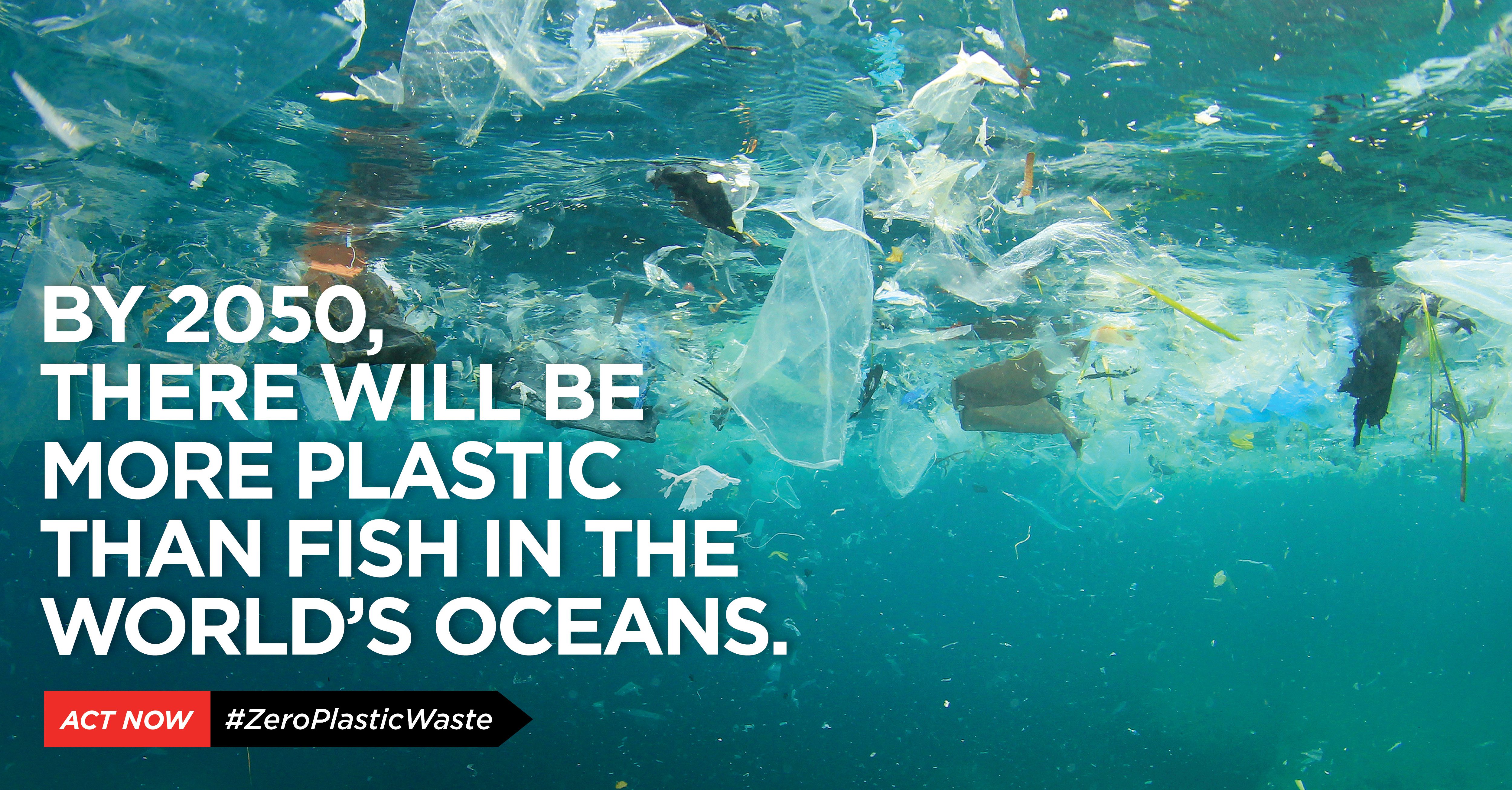

A recent study published by a group of researchers based in B.C., estimates that people may be consuming around 50,000 pieces of plastics every year – or the weight of a credit card every week. Not only are we eating and drinking plastic particles, but we’re also breathing them in.
Plastics break down and these pieces become smaller and smaller. Studies estimate that we may be inhaling about 11 tiny pieces of plastics every hour. And these plastic particles reach every corner of the planet. Scientists have been studying plastic pollution in pristine areas like the Pyrenee mountains in France where each day an average of 365 tiny plastic fragments or fibres settle on every square metre of land. The same study estimated that microplastic transports through the atmosphere over a distance of up to 95 km.
Plastic pollution happens in many ways, including washing synthetic clothes that shed microfibers. In some cases, pollution happens directly from the plastic industry that manufactures plastics in small pieces called nurdles, which escape production facilities or are leaked during transport.
Canada needs to step up to end plastic pollution
There isn’t a one size fits all solution to plastic pollution, but the first step is to have strong laws that aim at reducing the amount of plastic. Canada also needs to make polluters responsible for the waste they create by requiring them to reduce the amount of plastics they use, make products that are more durable, create opportunities to reuse plastics and to make all plastics recyclable.


